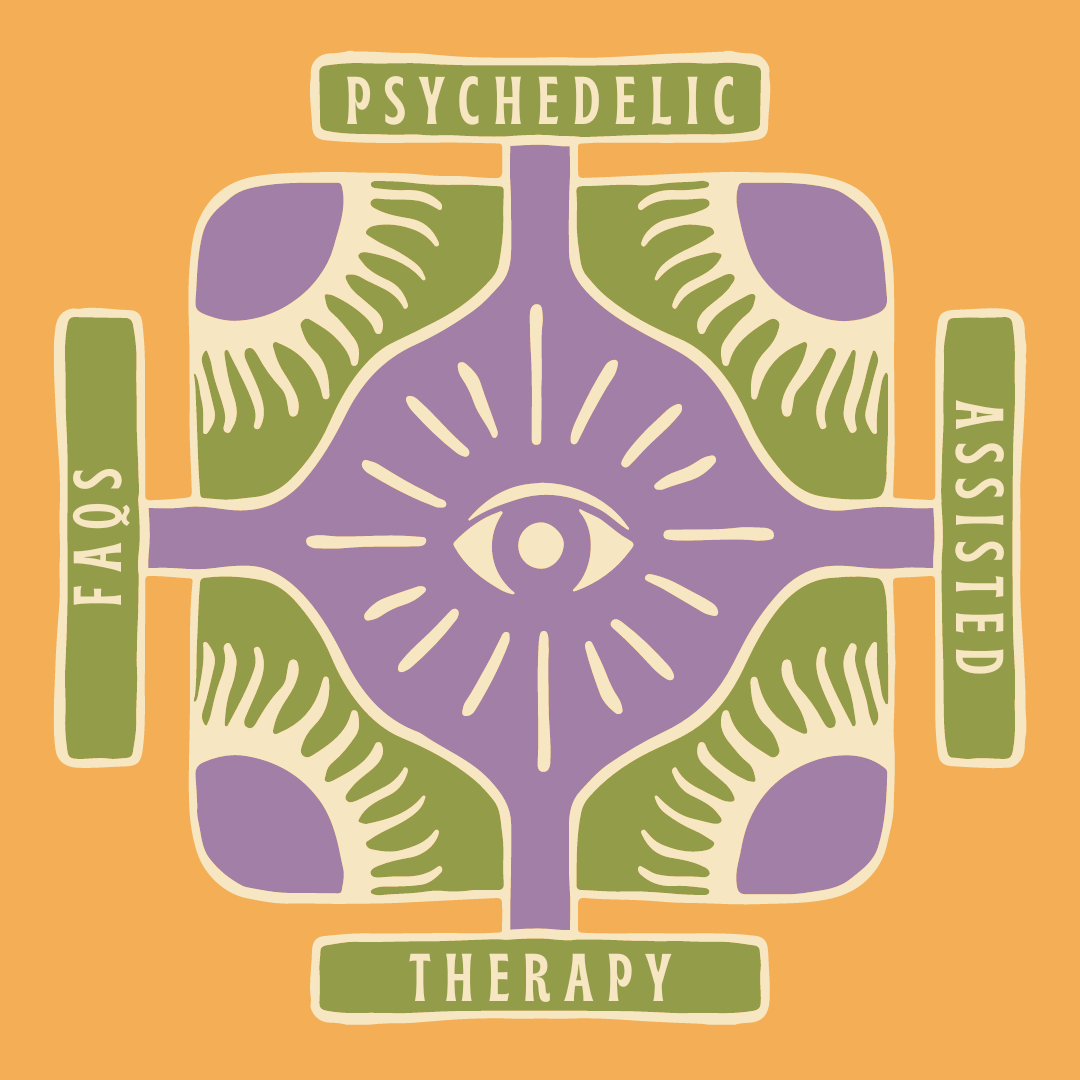What to do when someone with PTSD pushes you away
Being pushed away and rejected for trying to help someone who may have PTSD (post-traumatic stress disorder) can feel confusing, irrational, and you might take it personally thinking you’ve said or done something wrong. But the more you know about trauma and how the body experiences it, stores it, and protects you from future trauma, you will find out that it makes total sense. Tips on support.
Psychedelic Assisted Psychotherapy: Past, Present and Future
Psychedelic substances like psilocybin (magic mushrooms), and ketamine can be transformative for some people experiencing PTSD or depression as more scientific studies (and advocates speaking up for the place of psychedelics in the field of mental health care) show these substances can be effective in releasing PTSD and depression and, in some cases, sustainable. If you are thinking of psychedelics for your own mental wellness it is important to prepare beforehand with education, support, appropriate expectations and intentions to ensure safe and beneficial therapeutic outcomes.
Past Life Regression Therapy
Past Life Regression Therapy (PLRT) can be a refreshing tool to help address stuck patterns, troubled relationships, or seemingly out of context phobias. Hannah Dresden, LCSW was trained by Dr. Brain Weiss in 2019 and has worked with hundreds of people, in individual sessions and in groups and workshops. She has witnessed firsthand the powerful nature of this technique and seen clients' relationships with others and themselves drastically shift for the better due to the awareness gained within this state of non-ordinary consciousness.
Recent Study Reveals Mindfulness AS Effective as Lexapro
A recent randomized-controlled test study from November 2022 caught our eye as it found that participants that fully engaged with an 8-week mindfulness-based stress reduction (MBSR) program experienced reduced anxiety levels at the same levels as those taking 10-20mg of escitalopram, commonly sold under the brand names Lexapro and Cipralex.
5 Ways to Calm Racing Thoughts
Whether you call it ruminating, intrusive thoughts, perseverating or just plain “I can’t turn my brain off”, repetitive thoughts that bring discomfort show up quite regularly. Applying polyvagal theory connects repetitive thoughts to a sympathetic nervous system state. Five tips to calm racing thoughts and disengage from sympathetic nervous system.
Tips on Coping with Family During the Holidays
Facial gestures, tone of voice, or certain statements from someone in your family can provoke activation of your ‘fight or flight’ response (sympathetic nervous system and this state will dictate the type of behaviors and thought patterns that will follow. Building awareness of your physiological state, such as ‘fight or flight’, can be key in bringing in coping mechanisms to ease family or relationship tension, stress and disagreements. We have some tips to help ground your nervous system so that you can soften the discomfort and still enjoy time with family.






